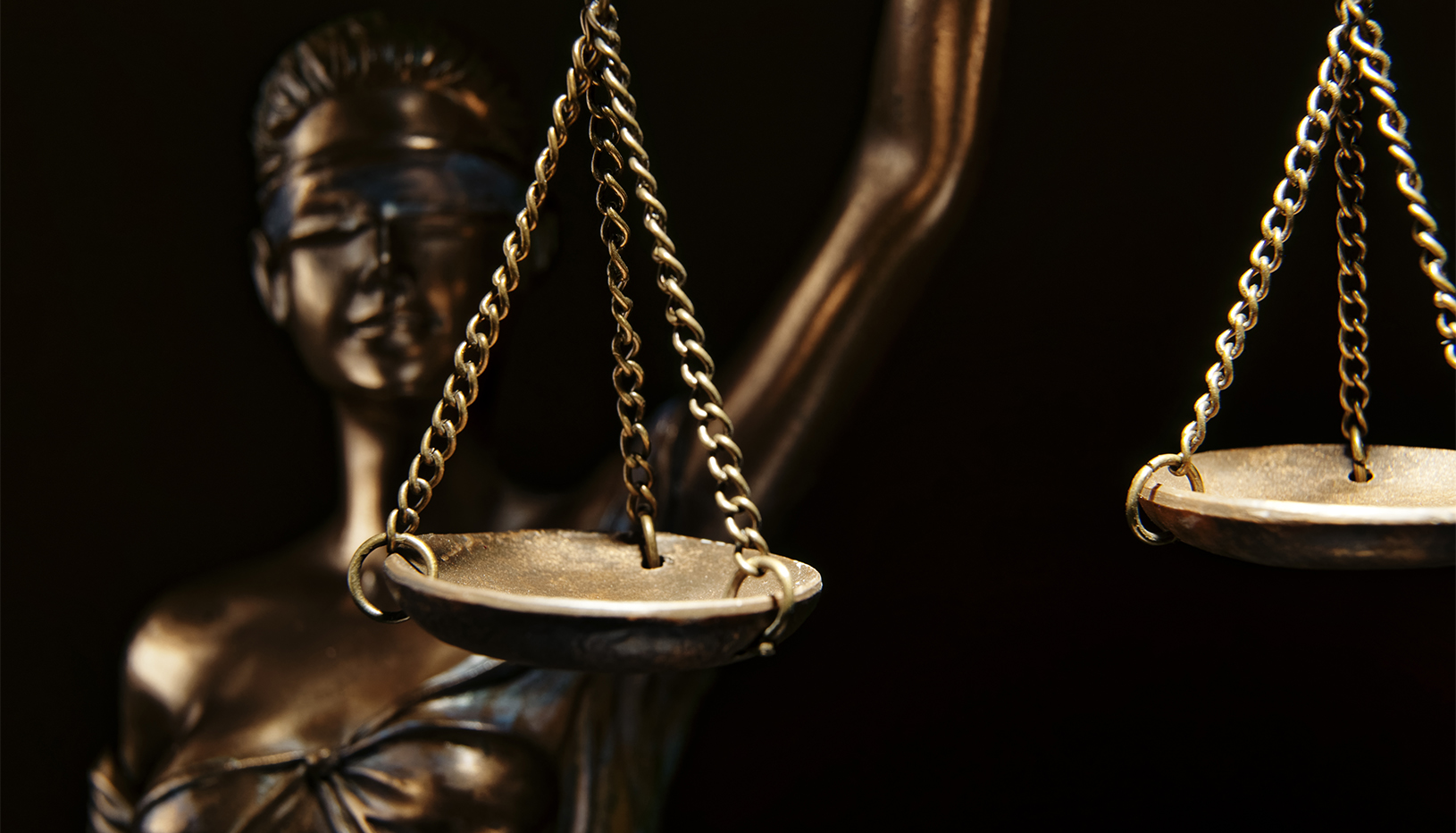Whatever oxygen is left in the room Tuesday night as you follow the results of the presidential race ought to be directed toward a slew of important criminal justice related races. All over the country, these races will impact the lives of tens of millions of Americans affected by our police, courts, probation and parole systems, and prisons and jails. On the ballot are district attorney elections, races for sheriffs in rural counties, and dozens of ballot initiatives or proposed constitutional or statutory amendments you should pay attention to.
Why? Because America has 2.2 million people behind bars, more than 9 million people cycling in and out of the nation’s colossal network of local jails, more than 4.5 million people on probation or parole, and at least 50 million people with conviction histories subjected to thousands of collateral consequences that prevent many of them from voting, living in public housing, and accessing certain job markets.
To keep tabs of some of the most important local criminal justice races and referendums, we’ve compiled a list of 40 ballot initiatives and law enforcement electoral races worth watching on Tuesday. Here are some of them:
Ballot initiatives
From coast to coast, millions of Americans are attempting to roll back the power and budgets of police by bringing more transparency and accountability to state and local police departments.
Voters in Columbus, Ohio, will consider Issue 2, which would create a civilian police review board with the authority to investigate claims of police misconduct. Columbus is one of the largest cities in the country without such a board. If the resolution is passed, it would also create an inspector general with the authority to oversee independent investigations into allegations of police misconduct. Currently there are only about 200 police department oversight boards across the country that attempt to hold police forces accountable for wrongdoing or misbehavior.
In Michigan, Proposal 2 would amend the state’s constitution to require a search warrant for police to access a person’s electronic communications or material, making Michigan the 12th state to adopt this type of constitutional provision.
Few cities this year have seen with such clarity the nation’s divide over policing than Portland, Oregon. Citizens there are voting on their own oversight measure that would amend the city charter to establish a new police oversight board with the authority to investigate allegations of police misconduct and impose disciplinary actions against officers. Among other things, it would cover uses of deadly force, deaths in custody, and incidents of discrimination.
The battleground state of Pennsylvania sees two more police oversight initiatives in its two biggest cities. In Philadelphia, where the U.S. attorney has sparred relentlessly with the city’s reformist district attorney, Question 3 would create a Citizens Police Oversight Commission and authorize the City Council to determine its scope and power. More than 300 miles away in Pittsburgh, voters are weighing whether to empower the Independent Citizen Police Review Board to audit the police and to require cops to comply with investigations — or face termination.
A number of ballot initiatives in California focus on criminal justice issues, plus local measures in Los Angeles, San Diego, and San Francisco. Proposition 17, for example, would allow those on parole to vote or hold office. Proposition 20, on the other hand, can be seen as a reaction to recent justice reform measures in the state. Buoyed by support from the police and prosecutor lobbies, it would add more crimes to those defined as “violent felonies” and heighten sentences for some property crimes. And the passage of Proposition 25 would implement sweeping bail reform.
Some states are rethinking not just who gets pulled into the criminal justice system, but how people are treated once they are incarcerated. Building off the success of a ballot initiative in Colorado four years ago that eliminated the 13th Amendment loophole allowing slavery and involuntary servitude as a punishment for crime, voters in Nebraska and Utah may similarly amend those states’ constitutions. While the changes likely won’t affect prison labor programs in those states because their corrections’ departments pay — albeit very low wages — to incarcerated workers, success for either or both of these measures would give a boost to future legislative reform efforts to provide at least some labor protections to prisoners.
Sheriffs and prosecutors
There are dozens of contested races around the country for sheriff or prosecutor that will determine the identity of those implementing the ballot initiatives and other referenda in play this year. If 2020 has reminded us of anything amid renewed protests over policing, it’s that the experience and ideologies of local law enforcement officials matters critically to communities. Some of the most notable contests this election season are tethered in some ways to national politics — to immigration enforcement, for example — but most are local races in which local questions of policing and prisons are core campaign questions.
Arizona is a swing state, and this year it also includes a race that could determine control of the U.S. Senate in January. Watch what happens in Maricopa County, where Joe Arpaio, who named himself “America’s toughest sheriff,” ruled for so many decades. His former employee, Jerry Sheridan, beat Arpaio in the Republican primary this year and now faces incumbent Democrat Paul Penzone. Sheridan wants to focus on drug and sex trafficking crimes and said he will continue Penzone’s policy of allowing immigration officers in county jails. Penzone shut down Arpaio’s “Tent City” outdoor jail, which remained in use for 20 years and reached temperatures of 130 degrees Fahrenheit in the summer, turning the facility into a drug treatment center. The race for district attorney in that county between Julie Gunnigle and Allister Adel is also a bellwether — and not just because the winner, whomever it is, will become the first woman to hold that office.
In Ohio, another swing state, we’re closely watching the race for sheriff in Hamilton County between two longtime police officials, Republican Bruce Hoffbaurer and Democrat Charmaine McGuffey. They disagree about many things, including how to handle ICE actions that undermine local law authority. There is plenty of disagreement, too, in New Orleans, where four people are vying to replace Leon Cannizzaro, the controversial district attorney whose 12-year tenure was marked with conflict and racial tension.
There won’t likely be much drama over the presidential race in California. But the race for District Attorney in Los Angeles County is a local contest that will affect more people than any other race in the country. The incumbent, Jackie Lacey, is the first Black woman to hold the office. She was first elected in 2012, but now faces a strong challenge this year from a candidate who contends her record of reform is weak. Lacey faces George Gascōn, a former police chief and district attorney in San Francisco.
Texas also faces important local sheriff and DA races. In Tarrant County, the incumbent is Bill Waybourn, one of the most controversial law enforcement officials in the state who faces a slew of new allegations of misconduct — including an episode in which a woman was forced to give birth in her county jail cell. He’s up against a strong challenger, Vance Keyes, who has been a Fort Worth law enforcement official for 20 years. One overarching question for this race: how will the state’s record-high turnout affect the results?
Millions of Americans are calling for an end to mass incarceration and a transformation of how our justice system operates so that it doesn’t systematically disadvantage people of color. All elections matter. Some elections matter more than others.


